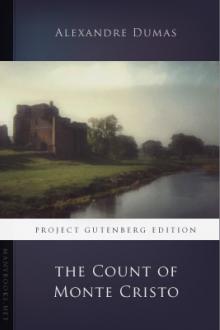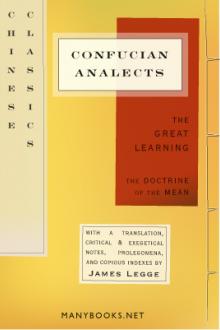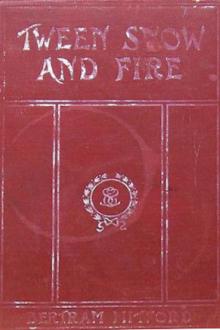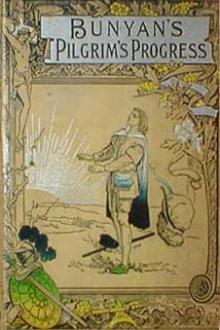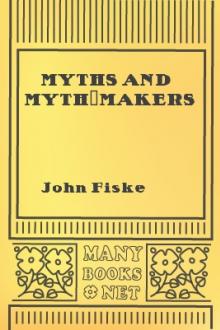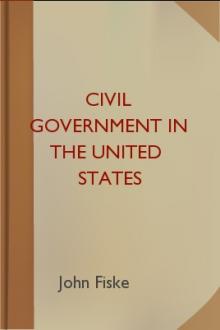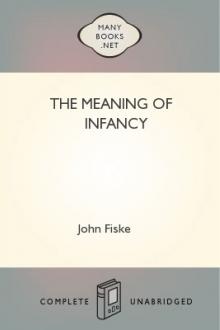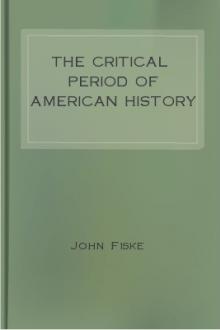The Beginnings of New England
Book Excerpt
This liberal grant was made at a time when people still supposed the Pacific coast to be not far west of Henry Hudson's river. The territory was granted to an association of six gentlemen, only one of whom--John Endicott--figures conspicuously in the history of New England. The grant was made in the usual reckless style, and conflicted with various patents which had been issued before. In 1622 Gorges and John Mason had obtained a grant of all the land between the rivers Kennebec and Merrimack, and the new grant encroached somewhat upon this. The difficulty seems to have been temporarily adjusted by some sort of compromise which restricted the new grant to the Merrimack, for in 1629 we find Mason's title confirmed to the region between that river and the Piscataqua, while later on Gorges appears as proprietor of the territory between the Piscataqua and the Kennebec. A more serious difficulty was the claim of Robert Gorges, son of Sir Ferdinando. That young man had in 1623 obtained a grant of some 300 square miles in Massachusetts,
Editor's choice
(view all)Popular books in Religion, History
Readers reviews
Fiske's "The Beginnings of New England" is really two books - the first two chapters tell a story of the political and philisophic forces that converged as the American Revolution - from Greek and Roman government and the essential role of the Puritan tradition to distinguish, unify, and polarize New England.
The remainder of the book tells the story of the 17th and 18th Century series of events that saw the various New England communities founded, the causes and outcomes of King Philip's War, the French and Indian war in the context of worldwide events, and the unstoppable series of events on both shores of the Atlantic that led to the American Revolution.
It's a revelation to read an account of early American history that is free of current political correctness and spin. Professor Fiske speaks to our generation perhaps even more urgently than he spoke to his own.
Read and enjoy. It's a little thick and complex, but well worth it!
jc
- Upvote (0)
- Downvote (0)
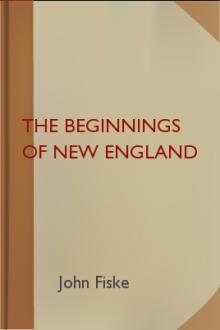
 Free Download
Free Download













